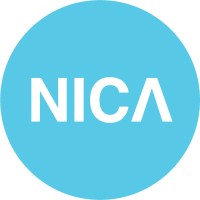
National Infusion Center Association (NICA)
National Infusion Center (NICA) is a nonprofit trade association and the nation’s voice for non-hospital, community-based infusion providers that offer a safe, more affordable, and more cost-effective alternative to hospital care settings for provider-administered medications. NICA's efforts are focused on delivery channel sustainability and expansion, buy-and-bill protection, maintaining net positive reimbursement, improving treatment adherence, and promoting patient safety and care quality. We support policies that improve drug affordability for beneficiaries, increase price transparency, reduce disparities in quality of care and safety across care settings, and enable care delivery in the highest-quality, lowest-cost care setting. Our goal is to help decision makers understand the value of receiving provider-administered medications in non-hospital care settings and ensure that the community-based infusion center remains a safe, more efficient, and more cost-effective alternative to hospital care settings.






